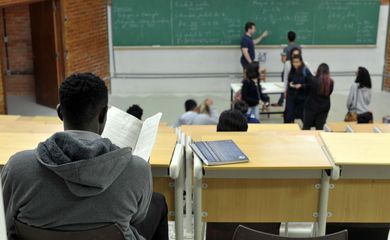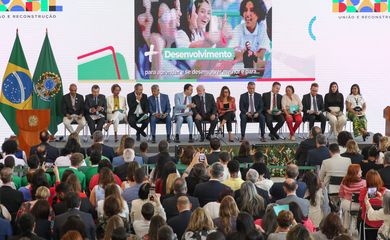Half of second graders in Brazilian public schools cannot read

More than half of children in the second year of primary education in Brazil’s public school system have not learned to read and write, as per figures from the United Nations International Children’s Emergency Fund (UNICEF) on 2021.

The results show that 56 percent of these children were not literate at the expected age, adding to the thousands of other girls and boys in Brazilian schools without knowing how to read and write.
The situation was already alarming before the COVID-19 pandemic, when the country recorded almost 40 percent of children not literate in the second year of primary school, and worsened under the global emergency.
UNICEF’s Education Officer Júlia Ribeiro said the pandemic has had a major impact on results due to the reduction in school days, difficulties accessing educational materials, and the lack of professionals providing close guidance to students.
Learning to read and write, she added, forms a vital stage in the school career of children and adolescents. Skipping it can have consequences not only in their academic performance, but throughout their lives.
She believes the National Child Literacy Commitment—unveiled in 2023 by the Ministry of Education—is in line with the main strategies for tackling the problem.
Carried out in partnership with states and municipalities, the program includes measures to ensure that all Brazilian children can read and write by the end of second grade, in addition to restoring the skills of children in third, fourth, and fifth grades who have been affected by the pandemic.
Monitoring
Ribeiro stressed, however, that the initiative needs to be constantly monitored, to ensure it is implemented correctly and achieves the expected results.
The Ministry of Education said in a statement that all states have signed up to the National Child Literacy Commitment, in addition to nearly all of Brazil’s municipalities. Over BRL 620 million is said to have been invested in the program last year.
Among the projects are the appointment of more than 6 thousand coordinators, with the potential to benefit over 15 million children in early childhood education, and the installation of Reading Corners in schools with early childhood education classes.
The initiative also established a partnership with five universities—one in each region of the country—to offer continuing training in the Reading and Writing in Early Childhood Education Training Program for pre-schoolers.





